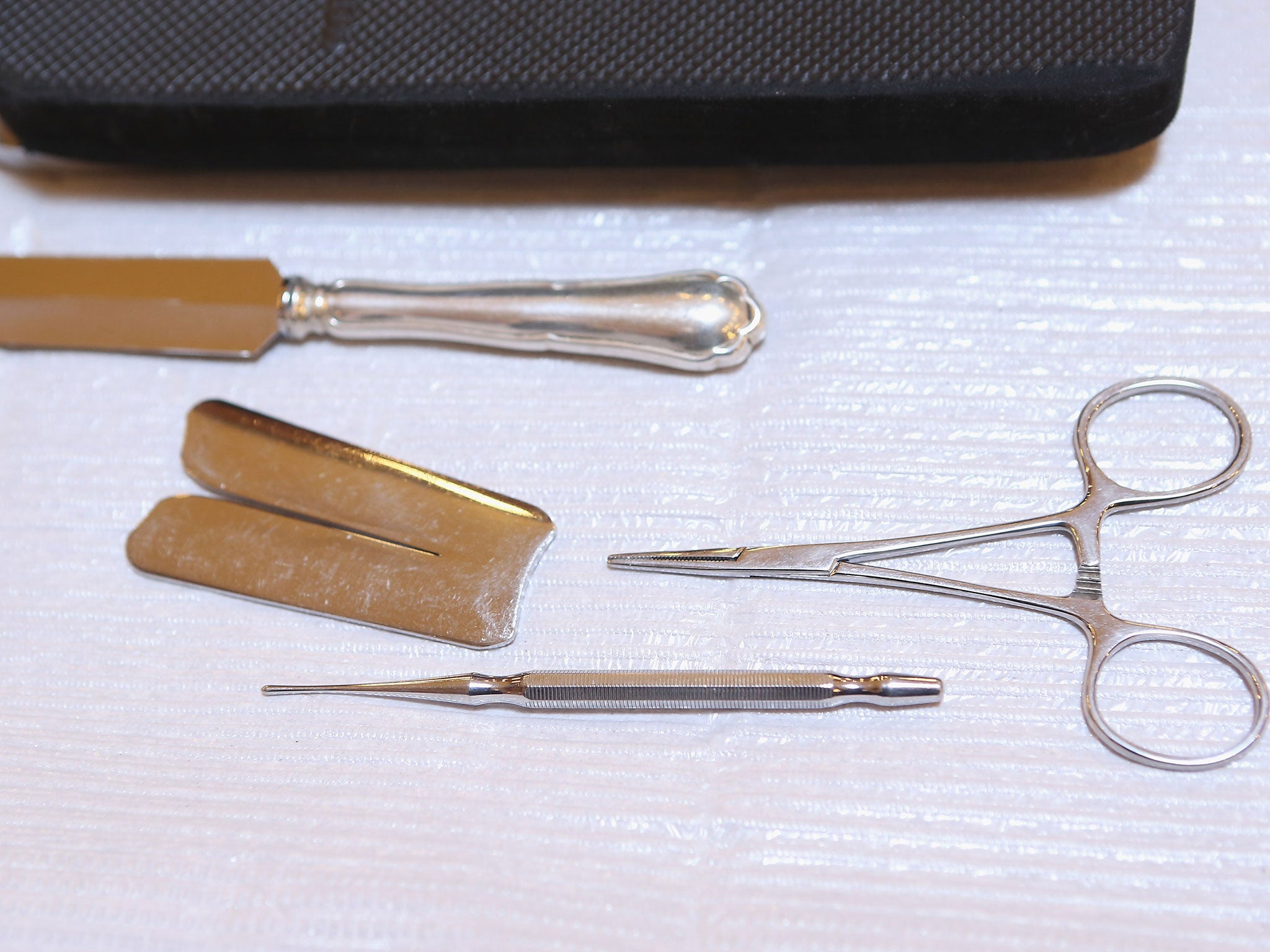Newborn bleeds to death after doctor 'persuades' parents to have him circumcised in Canada
Ryan Heydari died aged at just 22 days old after bleeding from the operation would not stop in 2013

Your support helps us to tell the story
From reproductive rights to climate change to Big Tech, The Independent is on the ground when the story is developing. Whether it's investigating the financials of Elon Musk's pro-Trump PAC or producing our latest documentary, 'The A Word', which shines a light on the American women fighting for reproductive rights, we know how important it is to parse out the facts from the messaging.
At such a critical moment in US history, we need reporters on the ground. Your donation allows us to keep sending journalists to speak to both sides of the story.
The Independent is trusted by Americans across the entire political spectrum. And unlike many other quality news outlets, we choose not to lock Americans out of our reporting and analysis with paywalls. We believe quality journalism should be available to everyone, paid for by those who can afford it.
Your support makes all the difference.The parents of a newborn baby who bled to death after a doctor allegedly persuaded them to let him be circumcised have said no family should suffer the same loss.
Ryan Heydari’s mother and father said they did not want the procedure performed after his birth in January 2013 but told Canada’s National Post newspaper that they acted against their own instincts on medical advice.
But after the surgery their crying son’s bleeding would not stop and he died little over a week later in hospital, having lost up to 40 per cent of his blood and gone into “hypovolemic shock”. Ryan was 22 days old.
Parents Homa Ahmadi and John Heydari launched a complaint to medical regulators and appealed rulings by the Ontario College of Physicians and Surgeons, who cautioned one doctor in the case and given advice to another.

“We are so shocked that we will not have an answer to bring us some peace for our broken hearts, to prevent other cruel deaths like Ryan’s and to ensure that doctors take proper care of their patients,” Mrs Ahmadi told the National Post.
A ruling published by the Health Professions Appeal and Review Board said the cautioned doctor was on call at the North York General Hospital accident and emergency department, in Toronto, when Ryan was brought in on 17 January 2013.
The committee upheld a previous decision to issue a formal caution for “his failure to recognise the seriousness of the infant’s condition and to treat compensated shock” and ordered him to write a report.
The board also considered the penalty for the doctor who performed the circumcision, upholding the order for him to document parents’ consent and risk warnings and “be mindful” of possible complications.
New guidance issued by the Canadian Paediatric Society last month did not recommend “routine” male infant circumcision, which is a religious rite for Jews and Muslims.
The group said that in the middle of the last century, the majority of Canadian boys were circumcised, but the rate has now dropped to an average of 32 per cent.
A position statement listed possible complications including bleeding, infection, partial amputation of the penis and death from haemorrhage or sepsis, but emphasised that they were rare occurrences.
“Close follow-up in the early postcircumcision time period is critical,” the Society said. “The parents of circumcised boys must be thoroughly and accurately informed about post-procedural care and possible complications.”
The complication rate for newborn boys in Canada is 1.5 per cent but the risks increase when the operation is carried out later in childhood.
NHS advice states that routine circumcision may offer “a number of potential benefits”, including lowering the risk of some types of infection, but added: “Most healthcare professionals now agree that the risks associated with routine circumcision, such as infection and excessive bleeding, outweigh any potential benefits.”